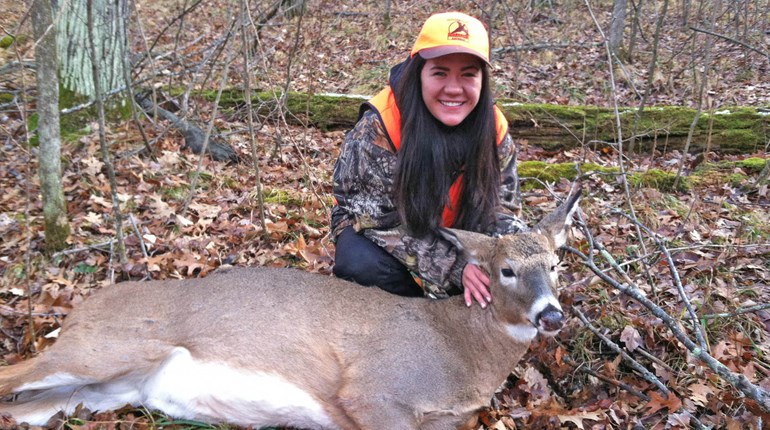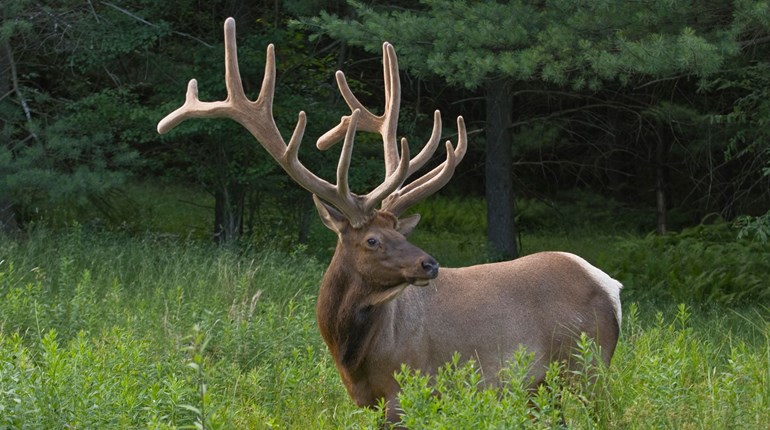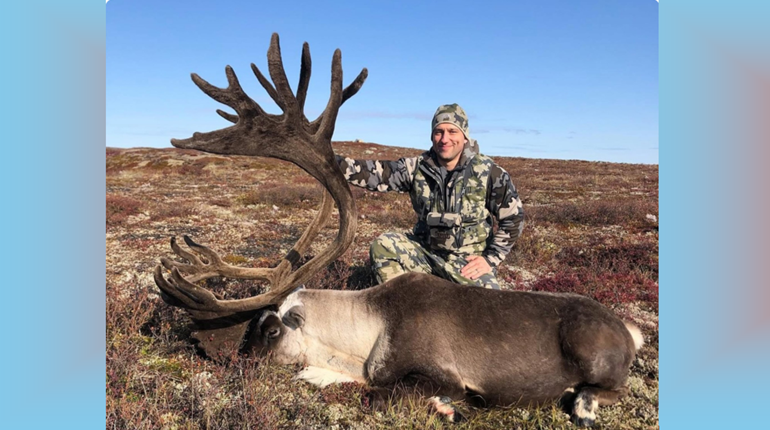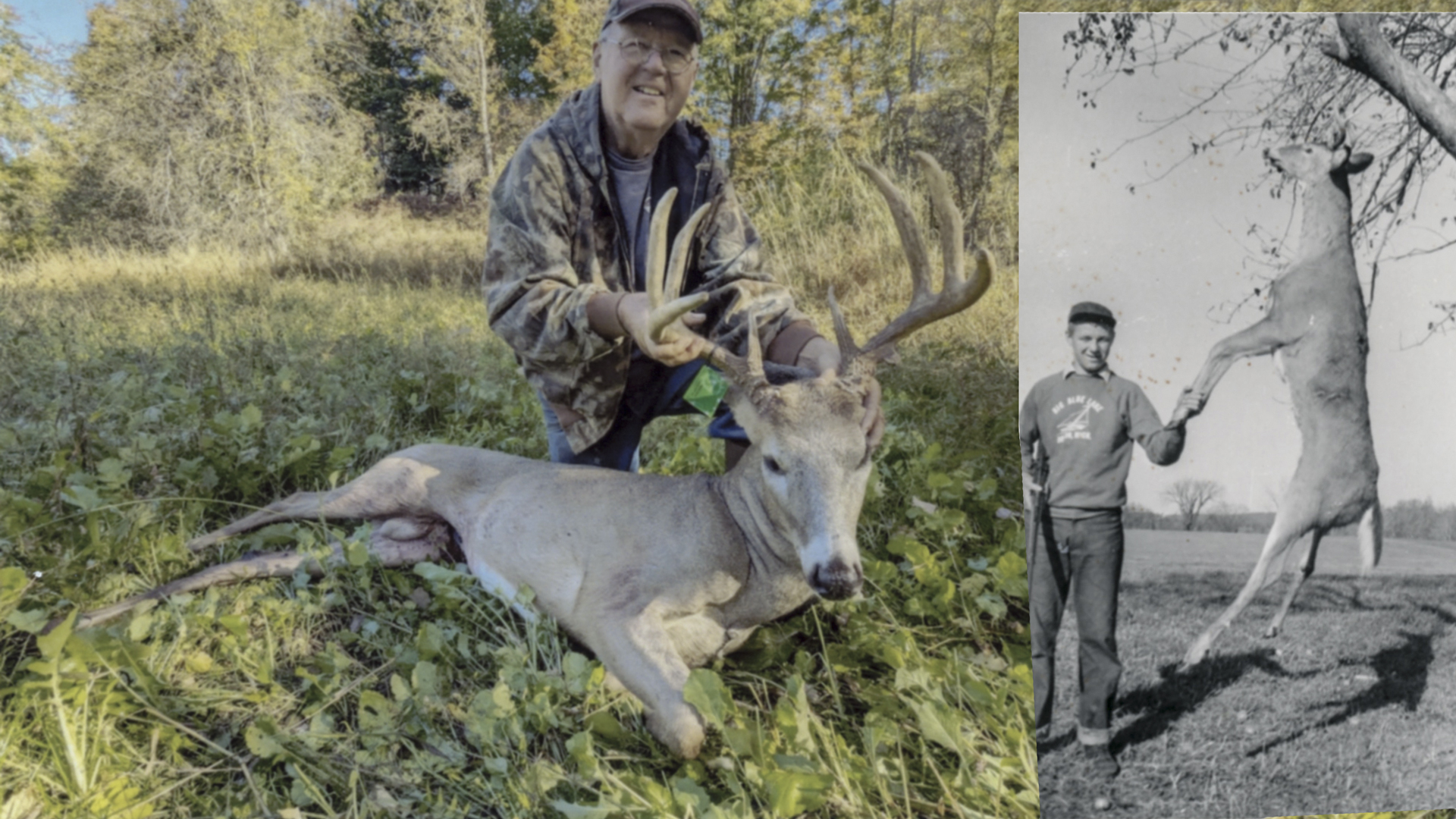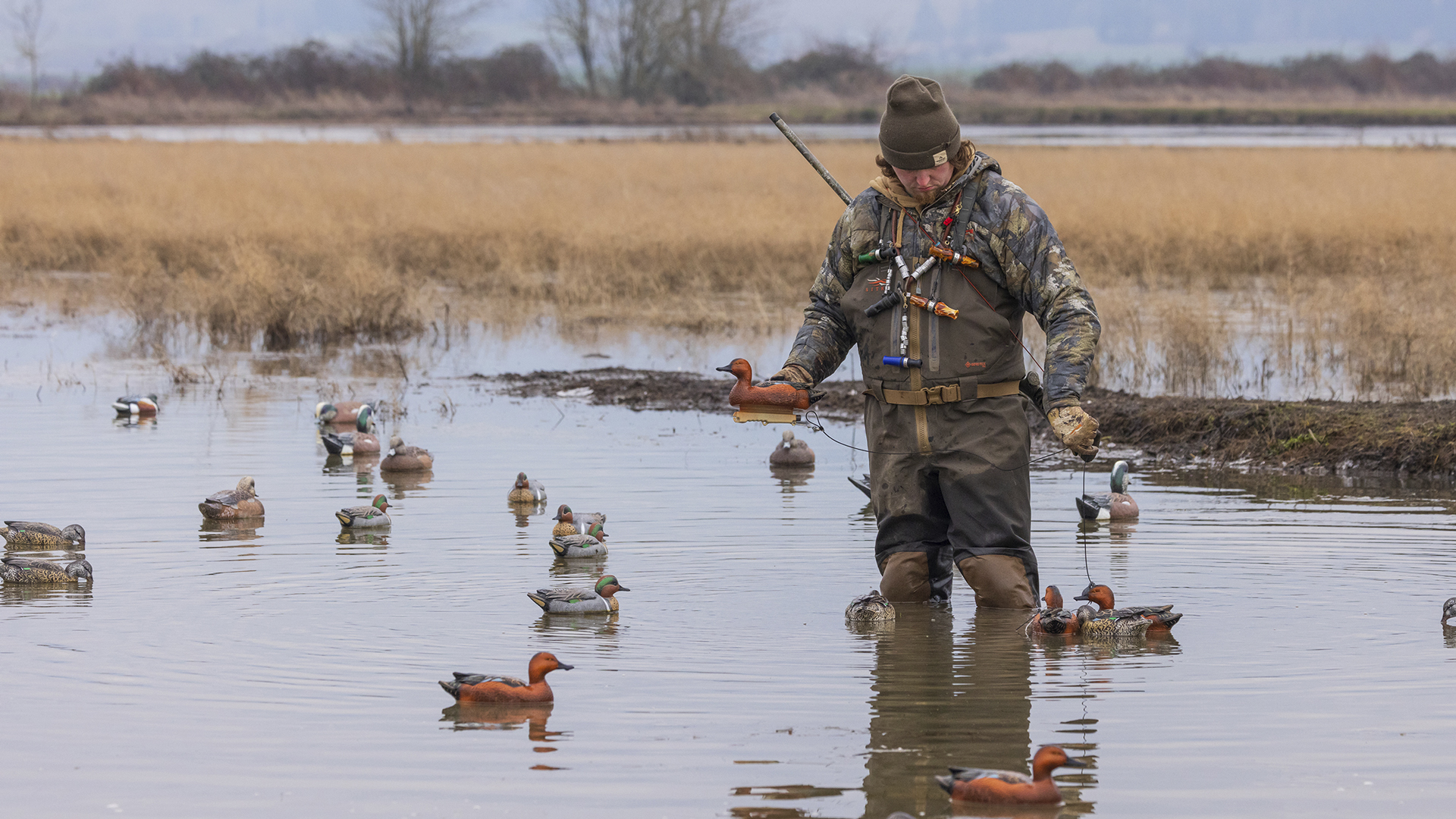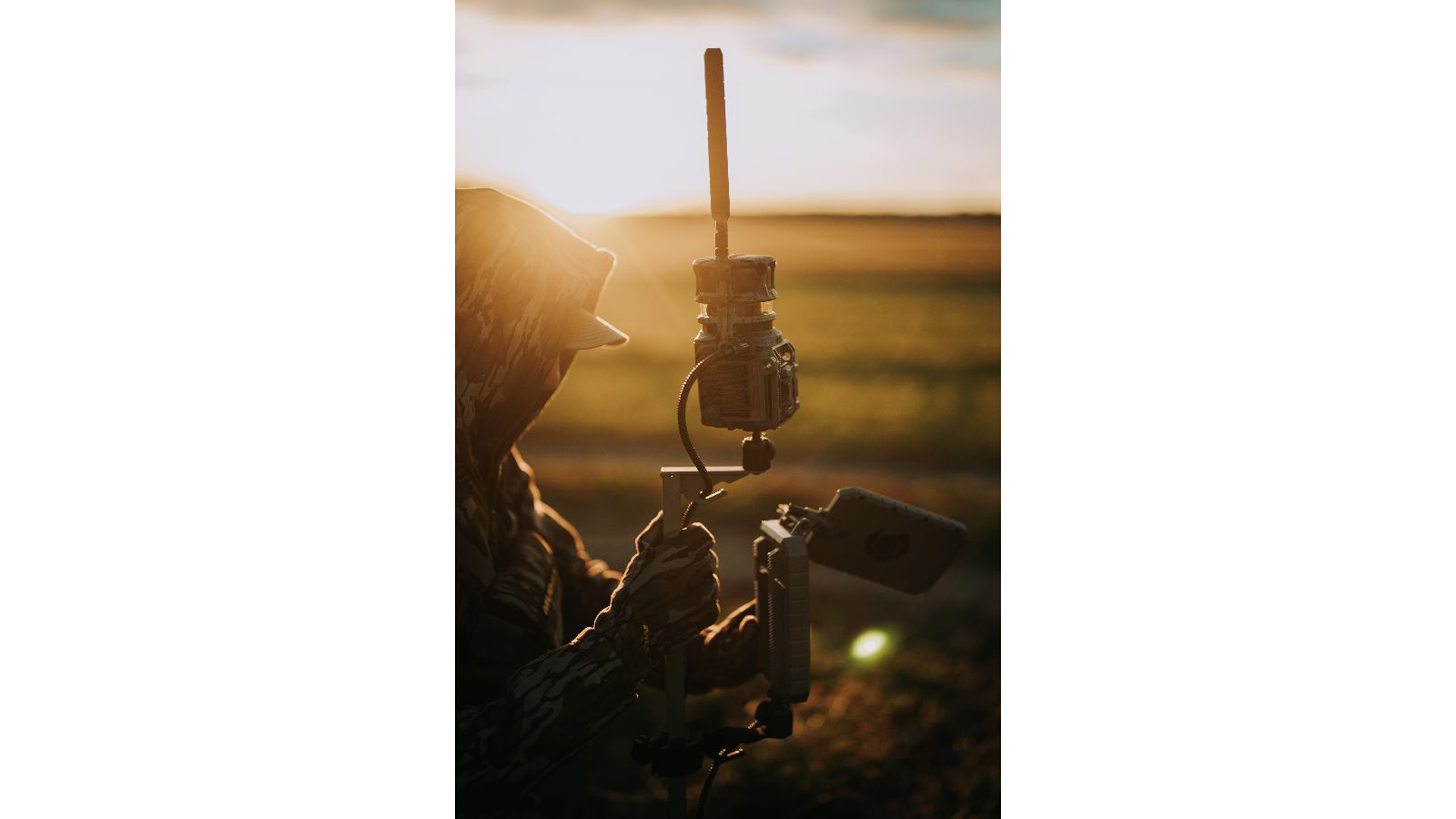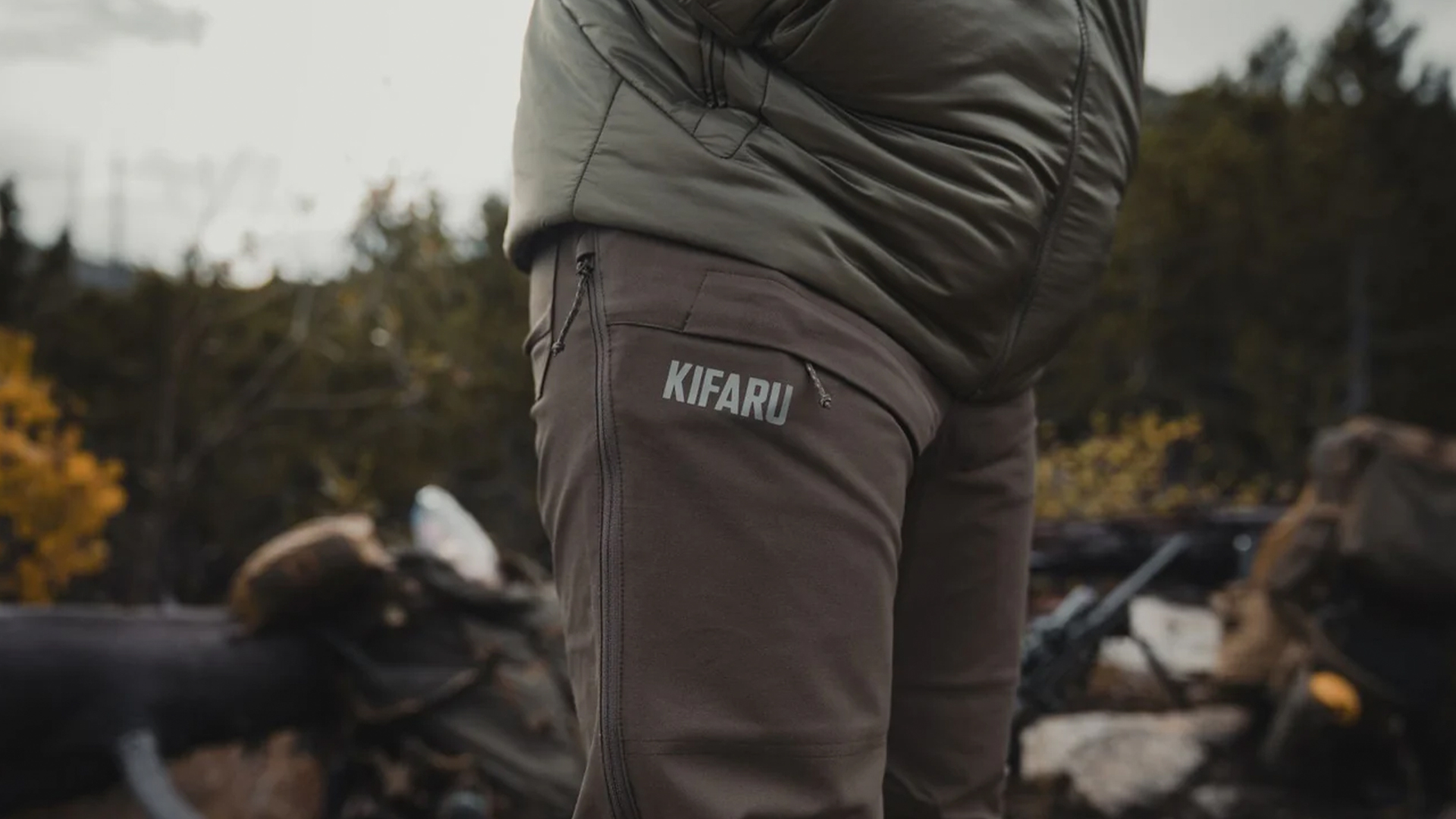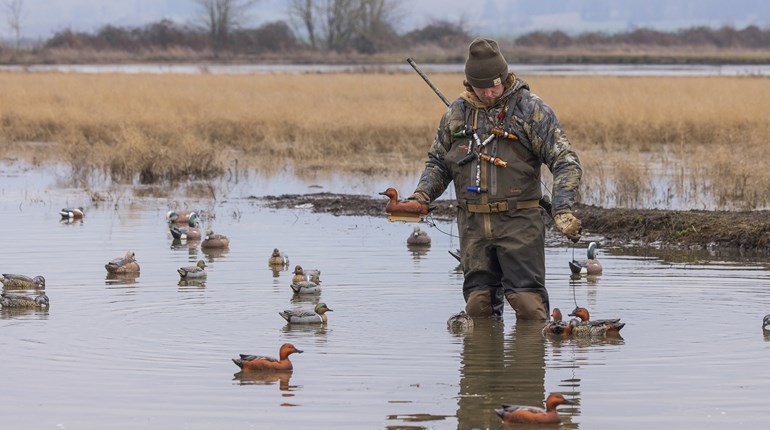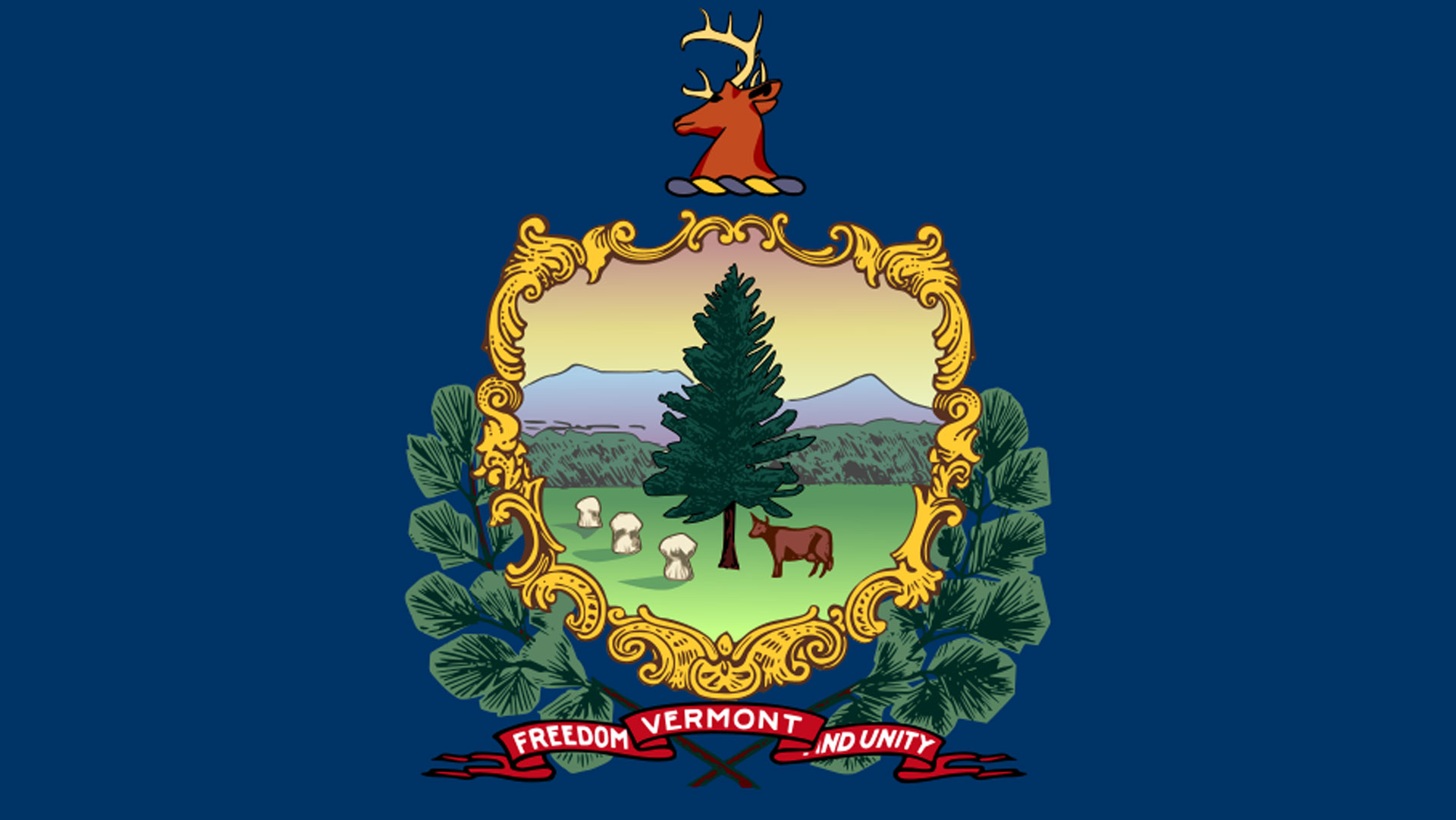
A proposal in Vermont that would add non-hunters to the state's Fish and Wildlife Board is currently being considered, and has touched off widespread controversy among residents and activists alike. The bill's (S.258) backers claim that the move will better represent the wide and varied community of people who enjoy the state's outdoor spaces, such as photographers, bird watchers and hikers. Opponents, however, point to the success of the current 14-member volunteer board, which is tasked with drafting the state's hunting and fishing rules.
Made up of governor-appointed hunters, fishermen and trappers, the board gleans input from public and state scientists to help enact regulations passed by Vermont's legislature. The state with a buck on its very flag boasts some of the healthiest flocks, herds and shoals in the country, clear evidence of the board's competence in its current makeup.
Vermont's Republican governor, Phil Scott, has stated he will likely veto the bill, leading it's legislative supporters to try to amend it enough to win the necessary votes for an override (2/3 support in each chamber). Instead of specifying that the board must include folks without hunting licenses, and removing the governor's appointment power, it now stops at mandating "balanced viewpoints" and retains the governor's ability to select 14 members. Only the two additional seats would be appointed independently of the governor.
Some far more controversial language does remain in the bill, however. S.258 would strip the Fish and Wildlife Board of its rulemaking authority, and subordinate it to the Vermont Fish and Wildlife Department as an advisory body. Christopher Herrick—the state's fish and wildlife commissioner—warns that such a move comes at a time when the Department is already overworked and low on funds, meaning that its implementation could hinder existing conservation projects.
Further still, S.258 would ban the practice of hunting coyotes with dogs and the baiting of coyotes, a first step that many hunters worry portends other hunting bans in the future (particularly on predators). Finally, in more nebulous language, it requires board members to "prioritize science," and to be trained in subjects like climate change and hunting ethics.
According to Senator Russ Ingalls (R-Essex), the bill is "the biggest anti-hunting bill that’s ever reached the Senate” and its passage would herald "the end of hunting as we know it in the state of Vermont." In its amended format, the bill passed the Senate by a vote of 21-8 and now heads to the House. Check back with us here for more updates.












